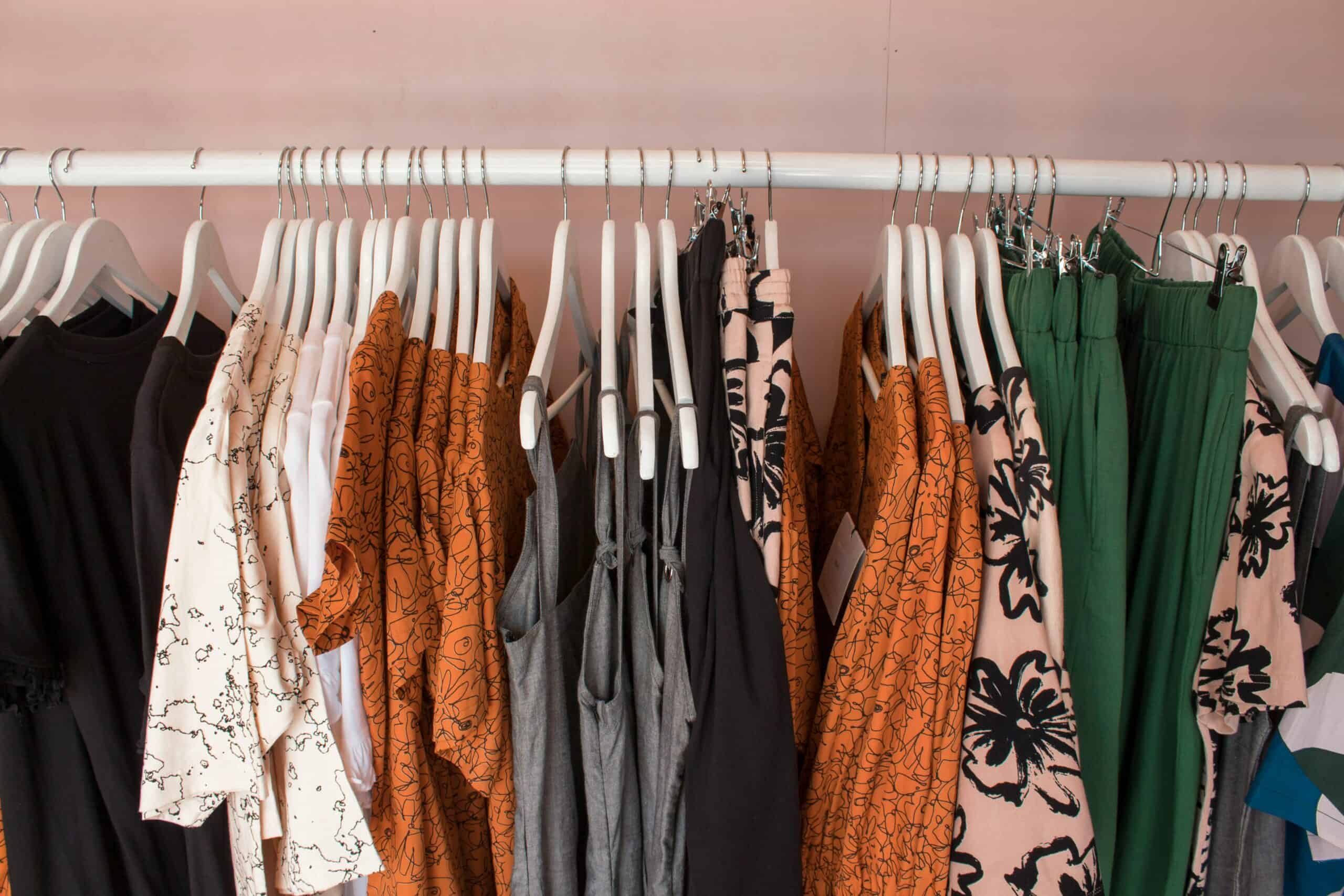In the era of digital shopping, online reviews often serve as the closest thing to trying on clothes in a fitting room. For years, customers flocked to Fashion Nova—one of the world’s most popular fast-fashion retailers—not just for trendy outfits but also for what looked like glowing customer feedback. But behind the scenes, a different picture was forming. In 2022, the Federal Trade Commission (FTC) revealed that Fashion Nova had been suppressing negative reviews on its website, misleading consumers and manipulating trust for profit.
Between late 2015 and November 2019, Fashion Nova used a third-party platform to manage customer reviews. The setup automatically posted four- and five-star reviews while flagging lower-rated ones for manual approval. Thousands of negative reviews were never published. What appeared to be a sea of satisfied customers was actually a curated illusion. And consumers were buying into it—literally.
According to the FTC, this suppression wasn’t a mistake or technical glitch. It was a calculated move. The platform wasn’t simply slow to approve poor reviews—it never intended to. By only showcasing positive feedback, Fashion Nova misrepresented the quality of its products, deceiving customers and creating unfair market conditions for competitors who played by the rules.
In response, the FTC hit Fashion Nova with a historic penalty. The retailer agreed to pay $4.2 million in a settlement—the first-ever FTC case focused on a company actively concealing unfavorable reviews. Alongside the fine, Fashion Nova was ordered to publish all reviews moving forward, regardless of rating, so long as they weren’t unlawful or offensive.
As part of the enforcement, the FTC began refunding impacted customers. Nearly $2.4 million was distributed to shoppers who were duped by the manipulated reviews, many of whom likely bought items based on praise that wasn’t genuine or complete.
This case rocked the e-commerce space. It sent a clear message to all retailers: manipulating online feedback to polish your reputation isn’t just unethical—it’s illegal. What made the Fashion Nova case especially damning was the brand’s enormous influence, particularly among Gen Z shoppers and influencers. On social media, Fashion Nova was synonymous with body-positive, budget-friendly style. But beneath the surface, they were gaming the very trust their customers relied on.
In an industry that already thrives on illusion, Fashion Nova’s review scam pulled back the curtain on how digital fashion giants can—and do—deceive. The scandal serves as a warning for consumers: don’t believe everything you read online, especially when the stakes are measured in millions.

